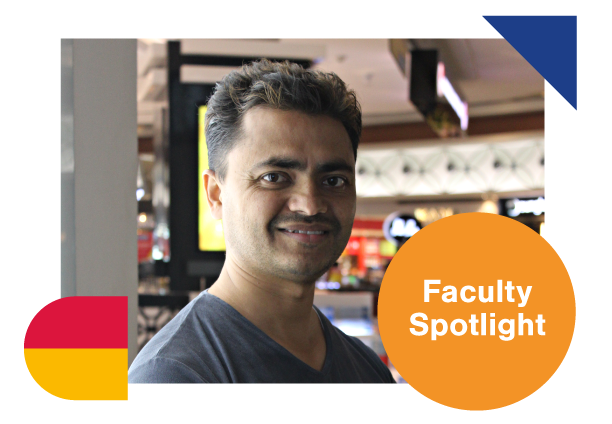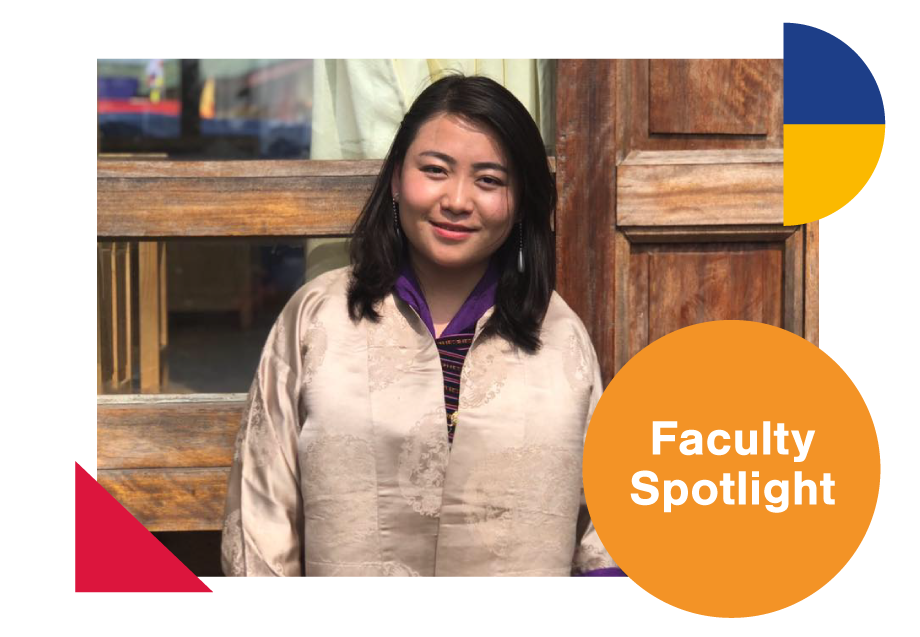Who are you and what do you do?
Namaste! I am Santosh Parajuli and I have been working as a teaching faculty and lecturer at the Department of Electrical and Electronics Engineering at Kathmandu University, Nepal for around ten years now.
What are your initial impressions about Problem Based Learning?
Well, my first engagement with Problem Based Learning was just a month ago, before attending the workshop in Mumbai (August, 2019). What I have learned so far is that PBL enables learning from existing problems. Typically, in an engineering context, when facing problems we use immediate (technical) approaches and established techniques which we are familiar with. However, nowadays, problems are becoming wicked, complex and tangled thus demanding to be examined with high rigour and from different multidisciplinary perspectives, angles and approaches. This also gives us the opportunity to learn complementary skills to those used in a more traditional approach when dealing with current complex problems.
How do you plan to include Problem Based Learning in your teaching?
Typically, in traditional classroom settings such as in Nepal, we see that many students are not motivated, almost dozing off during lectures. I already see that working in small teams with facilitated discussions could be a way to engage students much more. I strongly believe that the field visit component while working and discussing in teams about problems and cases outside the classroom, is a much more effective approach. This way, students can understand the relevance of the lecture concepts in a more tangible and hands-on way, rather than just reading from books or presentation slides. I will gradually introduce and implement these techniques in my teaching.
What are your expectations for the PBL South Asia project?
In the future, the PBL South Asia project could become a strong learning platform for new teaching-learning of methods’ application and adoption, and be a resource for academic institutions, teaching staff and students all around South Asia.
Read more:
pblsouthasia.com
This post was written by AGI



